“Do I Need to Take a Foreign Language All Four Years of High School?”
Do I have to take another year of foreign language class?
At this point in the year, the majority of students have finished up their course selection process for fall term. Families can breathe a sigh of relief and enjoy the blossoms of spring now that they have a plan for their learners. In the meantime, I’ve been pondering a question asked by many a student over my years as an educational counselor: “Do I have to take another year of foreign language class?”
Does taking a foreign language affect your college application?
Usually, this question is asked by juniors and seniors who have completed their school’s foreign language graduation requirement and want to open up their schedule with other electives or students who just plain don’t like their foreign language class and would rather spend their time doing something more interesting. When this topic arises, the real question they are asking me is how taking (or not taking) a foreign language course during all four years of high school may affect the viability of their college application.
Unpredictability in the Admissions Process
It’s a tough question, indeed, and one that has no straight answer. The unpredictability of the admissions process has only grown over the past few years, as more decentralized forms of review are adopted at popular institutions across the nation and the world. That being said, there are a few pieces of foolproof wisdom on this topic that I’ve picked up over the years. I will share them with you now:
The short answer is yes – All things considered, and in a perfect world, it would be great if you could stick with a language all four years. Selective colleges love to see a diversified student schedule with a lot of rigor, and language courses go a long way toward achieving this desirable record. Extra points if you take the scope of AP foreign language offerings or their equivalent in your language of choice throughout your time in high school. That being said, academic performance (i.e., the grades on your transcript) is key, so it is probably not worth sticking it out if harder language courses will tank your GPA. And in some cases, it may not be worth keeping language in your schedule at any level if the demand is just too great.
The key to an alternative – We totally understand that some folks just cannot put up with another year of a language or are worried about how the rigor of a class taught in a second language could affect their GPA. However, if you are to drop your language class later on in high school, it is your responsibility to find a compelling and cohesive reason to do so. By “compelling” I mean taking a rigorous course replacement that genuinely interests you, and by “cohesive” I mean that the course should fit into the personal or academic narrative that you will endeavor to convey to colleges come application time. This brings me to my final point.
Focus on the story that you’ll tell – What a lot of folks don’t realize is that college applications are all about telling a story — not any old story but your story. Therefore, in order to be a compelling storyteller, a student must undergo a fair amount of introspection come course selection time. Especially as one gets further into their high school career and the options for course selection expand, it is important to think about one’s passions and their on-record exploration. What I mean by all this is that it wouldn’t make much sense, from a transcript standpoint, for a stupendous computer science student to drop their AP Spanish course for a cooking elective. In the same vein, it might be disappointing if a star physicist stopped taking French to explore an Intro to Sociology class. Nothing against cooking or sociology here, but my point is that these interests can be explored without taking up a precious slot on a student’s course schedule. What would make sense in these cases would be for Student 1 to pursue AP Computer Science in lieu of Spanish and for Student 2 to add on another AP science or math course to bolster her now-languageless schedule. The key to these examples is that, even though the students’ schedules now lack a foreign language – something that colleges generally like to see – they strengthen the students’ overall academic portfolios due to their focus and depth in specific areas.
I hope that these three pillars help you navigate the difficult question of whether or not to take a language all four years of high school. It’s important to remember, too, that, as long as you’re staying true to yourself and making sure to take care of your body and mind, you’re going to thrive! If you have an questions about course selection this year, please contact us.
Share this article

Follow us
A quick overview of the topics covered in this article.
Latest articles
Reading Time : 5 mins
Reading Time : 4 mins
Reading Time : 3 mins




